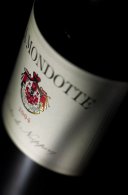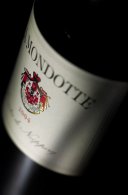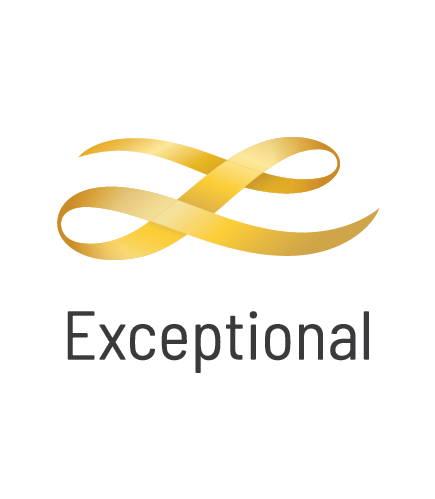Canon la Gaffelière (BIO ORGANIC)
La Mondotte (BIO ORGANIC)
Forts de Latour (BIO ORGANIC)
Rotem & Mounir Saouma Châteauneuf-du-Pape Blanc Magis
Lucien Le Moine is a small House of Grands Crus in Beaune, run by Mounir and Rotem. They established the cellar in 1999, driven by their fascination with the "old way" of growing, vinificating and aging wines. The cellar produces only Grands and Premiers Crus from Côte d'Or, selecting the most beautiful crus in each village and renewing their selection every year. The cellar produces a maximum of 100 barrels (30,000 bottles) to allow them to do everything "by hand" and "by ourselves," which allows them to apply their technical perception and respond to each vintage and wine. Rotem and Mounir Saouma are the owners of the renowned micro-négociant Lucien Le Moine in Beaune, and they have been highly sought-after producers of 1er and Grand Cru Burgundy for several years. Driven by their passion to own their vineyards, they decided to purchase exceptional terroir in Chateauneuf-du-Pape and start Clos Saouma. Magis, which means "more, much more" in Latin, is the name chosen by Saouma because they expect more, much more, from their white Châteauneuf-du-Pape, especially after two years in barrels. The wine is made from 75% Grenache Blanc, 10% Clairette, 10% Roussane, and 5% Bourboulenc. The fermentation takes place in barrels from the Jupilles forest (Pays de Loire), followed by two years of aging in the same barrels on the lees, with just occasional stirring. While only 3% of Chateauneuf is white, and virtually all of it is bottled after six months, Rotem & Mounir Saouma Châteauneuf-du-Pape Blanc Magis 2020 has already been compared to some of the great white Burgundy crus for its depth and minerality. The wine has a mouthfeel that is both creamy and dried, with prominent flavours of yellow apple, yellow plum, and white peach, backed by notes of shortbread, macadamia nut, and verbena. It is showy but has a razor-sharp focus on the finish, with a lingering echo of hazelnut husk.
Chateau de Nalys Chateauneuf-du-Pape
Deep, dark and dense red. Intense nose of red and black berries, spice. Beautiful composition, silky tannins, power and elegance. Expressive, noble and complete.
Mount Mary Quintet
Australia's premier cool climate Cabernet. It was John Middleton's dream to create such a wine and purchased the Mount Mary property in the Yarra Valley in 1971 to persue this dream. Quintet is his dream realised and is a blend of the classic Bordeaux varieties of Cabernet Sauvignon, Merlot, Cabernet Franc, Petit Verdot and Malbec.
Vega Sicilia Valbuena
Château Lynch-Bages Pauillac
While it is true that lovers of Pauillac wines can sometimes be divided over their love of the wines from Lynch-Bages, it will go without question that the wines produced from the magnificent 2009 vintage are sure to be coveted by all. Vintage conditions were simply perfect and have allow this Pauillac producer to embrace its love of plush, fruit forward wines and yet deliver a wine of immense power and structure.
Château Pontet-Canet Pauillac
Château Pontet-Canet is a classic large Pauillac property that adjoins the Mouton Rothschild vineyards that in the past has struggled to get fruit richness into their wines until Michel Rolland was called in. The wines of the past 15 years have produced lovely, voluptuous reds with ripe fruit and brilliant balance. The 2009 is quite simple a stunning incarnation of Pontet-Canet and quite possibly their best wine ever produced! A 'tour de force' of the highest standard, layers of concentrated fruit along with sublime oak integration see this biodynamically farmed vineyard reach Bordeaux perfection. Will age comfortably for the next 50 years.
Château Léoville-Poyferré Saint-Julien
The times ahead for Château Léoville-Poyferré are very exciting indeed. After many years of changing ownership, the fortunes of the vineyard have also ebbed and flowed. With the younger generation of the Cuvelier's now at the helm, the results speak for themselves. No more so than the quite exuberant 2009 Léoville-Poyferré which has seen the estate produce what is possibly the greatest wine to have been produced there. Close to perfection in so many ways, the layer upon layer of complex flavours is something to behold. Blackcurrant, graphite, espresso, mocha, menthol, blueberry to name but a few. A modern Bordeaux classic in the makings.


























